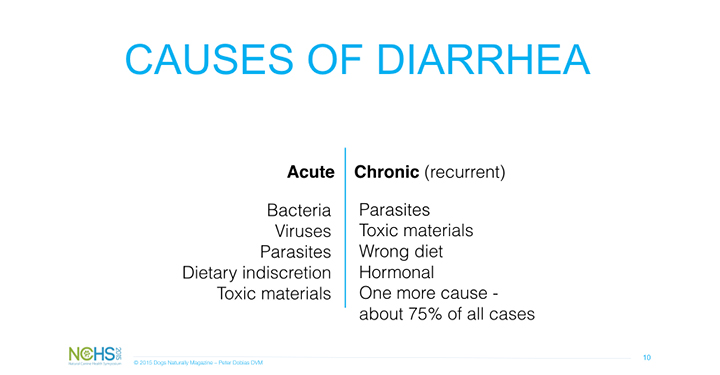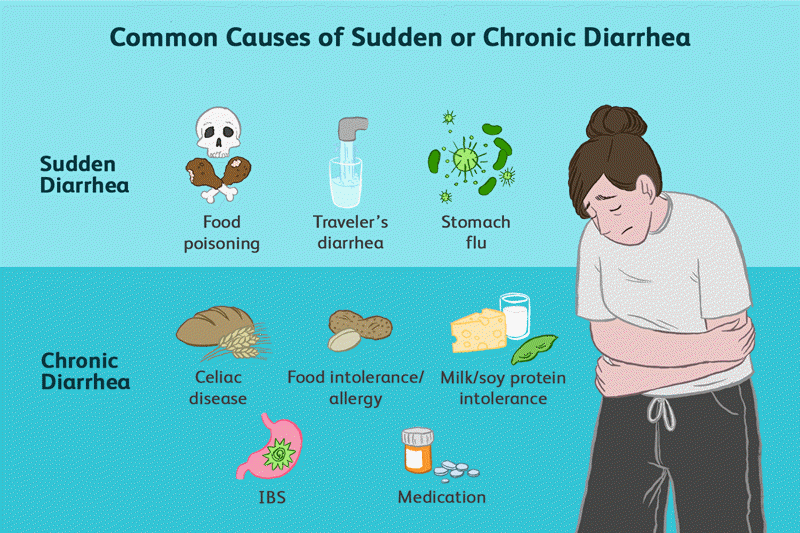
A symptom of diarrhea is a change in bowel habits. Diarrhea is a medical emergency for many people. In addition to the serious medical problems it can cause, diarrhea can be uncomfortable.
Some people see diarrhea as a simple increase in bowel movements, but bowel habits are a hallmark of the condition. Associated symptoms may include fever, abdominal cramps, nausea, vomiting, and acute hunger. However, diarrhea is often confused with other gastrointestinal complaints such as ulcers, colic, and irritable bowel syndrome (IBS). Although each of these conditions is usually associated with an increased frequency of bowel movements, diarrhea occurs when the body is unable to expel undigested food and fluid that builds up in the intestines. Because diarrhea is uncomfortable and sometimes a person cannot eat or drink, it is also known as indigestion.
There are several possible causes of diarrhea. The main reason is an imbalance in the amount of water and electrolytes in the body. This can be due to insufficient fluid intake or a lack of electrolytes in the diet.
Water loss is often associated with dehydration. However, diabetics can suffer from dehydration called ketoacidosis, which is characterized by low blood glucose (blood sugar) levels. The body needs water to maintain electrolyte balance, so dehydration can do more harm than good to diabetics.
People with IBS or constipation can have problems because they drink too much water. Because they don’t feel full, they may consume more water than they should, leading to increased diarrhea. This condition can become very serious because people can start losing weight due to water loss. Some doctors recommend treating IBS with laxatives, and in some cases, colonic.
Food poisoning can be another cause of diarrhea. It can happen in both adults and children. Foods that can cause diarrhea include onions, garlic, milk, peas, bananas, chocolate, beans, and cabbage. Foods that cause the body to excrete excessive amounts of water include caffeine, alcohol, sugar, and medications.

Most doctors agree that food poisoning is the main cause of diarrhea. People who eat raw or undercooked meat are at a higher risk of this condition. It is also common among children who drink contaminated water, which can contain parasites and bacteria.
Some other causes of diarrhea include dehydration, which can be treated with fluids and intravenous fluids. It can also be caused by parasites and fungal or bacterial infections. Weak immune systems can cause diarrhea, which is why people with cancer, HIV patients, and people with AIDS are very susceptible to developing diarrhea.
Some medicines can cause diarrhea. These medications include: corticosteroids, antibiotics, antifungals, antidepressants, and birth control pills. During pregnancy, women should avoid taking certain medications such as ibuprofen, aspirin, and naproxen. Taking large doses of vitamin C, magnesium, and calcium can also cause diarrhea.
Diarrhea can also be caused by worms, yeasts and parasites. When these parasites enter your body, the body’s immune system can fight them. If the body is weak, it cannot fight them, which leads to diarrhea.
Diarrhea can also be caused by anemia. This is when red blood cells circulate poorly and the body is deprived of oxygen. Since the liver plays a very important role in circulating red blood cells throughout the body, it can cause anemia.
Diarrhea can also be caused by the use of antibiotics, which kill bacteria and fungi on the skin. These microorganisms then cause toxins to enter the bloodstream, which can cause diarrhea.